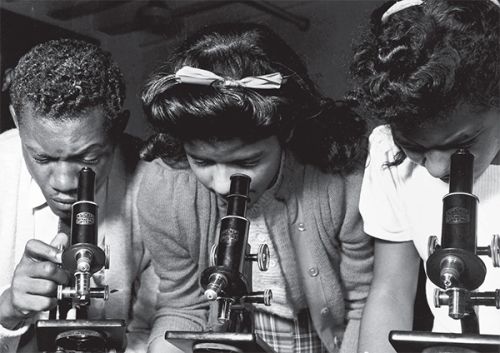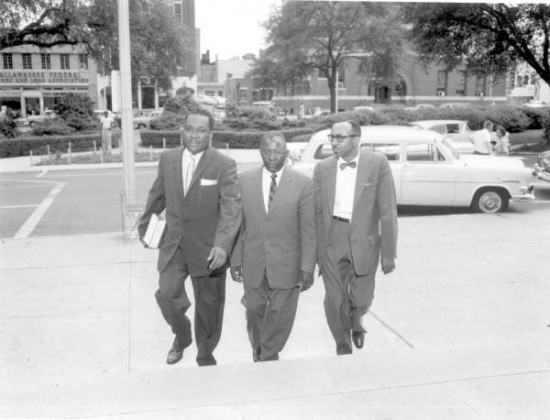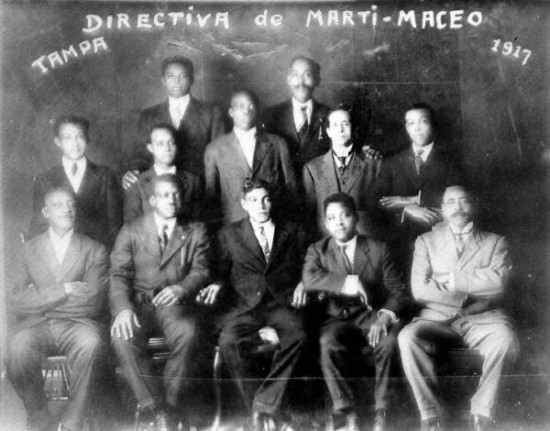8 Facts About Black History in FL You May Not Know About

In honor of Black History Month, we're sharing a few (of the many) facts of African-American history in the state of Florida. This quick-take of our history inspires us, as your Florida law firm, to continue to commit to a diverse workforce and further the dream of Martin Luther King Jr. and the exemplary individuals in our state's history.
8 Facts About Florida's Black History You May Not Know About
- Florida was a destination for many escaped slaves in a reverse underground railroad. It became a "Promised Land" for those seeking freedom.
- Before the U.S. took hold of Florida in 1821, there was a coexistence of Spanish, Seminoles and African communities. When Spain lost Florida, Seminoles and African-Americans sought refuge from slavery in Central Florida’s swampland, resulting in the marriage of the two cultures—the Black Seminoles.
- The Cookman Institute for Young Men, founded in 1872, offered higher education to former slaves and children in Florida. It preceded historical black colleges and universities. It served as a normal (teacher training school) with courses in public speaking, business, printing and other subjects.
-
Tampa was the place for music in the 20th century, attracting big names like Cab Calloway and Ella Fitzgerald. Perhaps other cities also call themselves The Harlem of the South—but did they inspire “The Twist”? You can thank Tampanians for the popular song.
-
Brown v Board of Education inspired a Tampa-born attorney and a graduate of Howard University, to file many legal actions to desegregate schools and recreational facilities in Florida. Francisco A. Rodriguez, whose parents were Cuban, came back from WWII inspired to bring justice to those without a voice in FL. As a result, he received many threats, but never wavered in his beliefs.

[Lawyer Francisco A. Rodriguez (left) walks to court after a boycott led to the arrests of two reverends (center and right). The boycott succeeded in desegregating public buses in Tallahassee. Photo via FloridaMemory.com]
- Overtown, once called "Colored Town," is one of the oldest neighborhoods of Miami, dating back to the 1890s. In its heyday, it was booming with commerce and social life, which centered around its Lyric Theater.
- Because of segregation laws, Afro-Latinos in the Tampa area weren’t allowed to dance at white Cubans’ social clubs, so they opened their own in 1899: Sociedad La Union Martí-Maceo. They named it after General Antonio Maceo and lawyer/columnist José Martí.
-
-
Lift Every Voice and Sing," which was written and composed by two Jacksonville siblings, was recited during Barack Obama's presidential inauguration.

[Photo via FloridaMemory.com]
NOTE: All content on this website, including historical insights and any other data, is for informational purposes only. This post is intended to provide general information to our readers. Content is based on Florida historical archives; while we could not provide all the history and facts available, the information contained in this post should be regarded as an invitation to learn more about the topic. All photos from FloridaMemory.com.
-